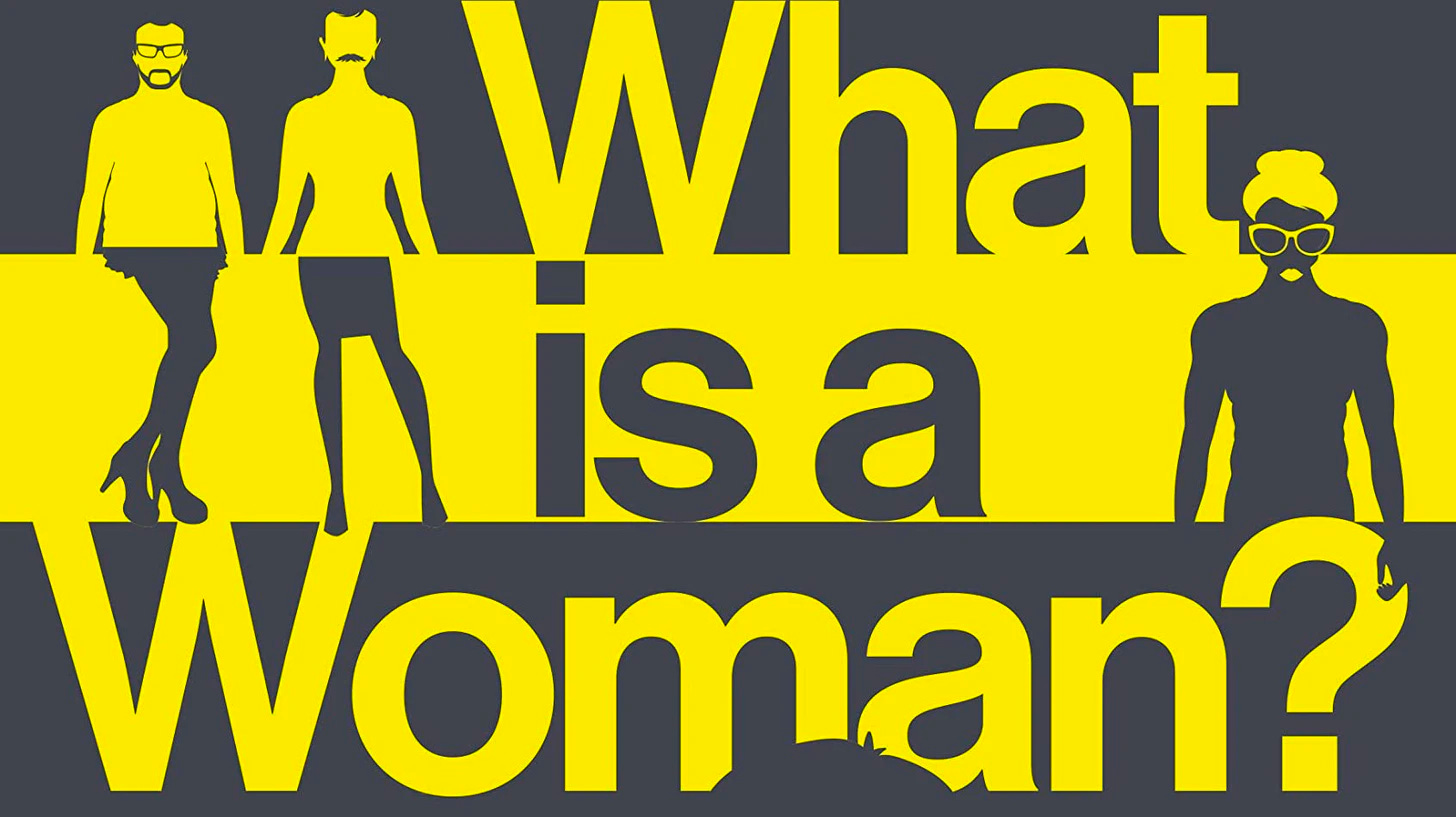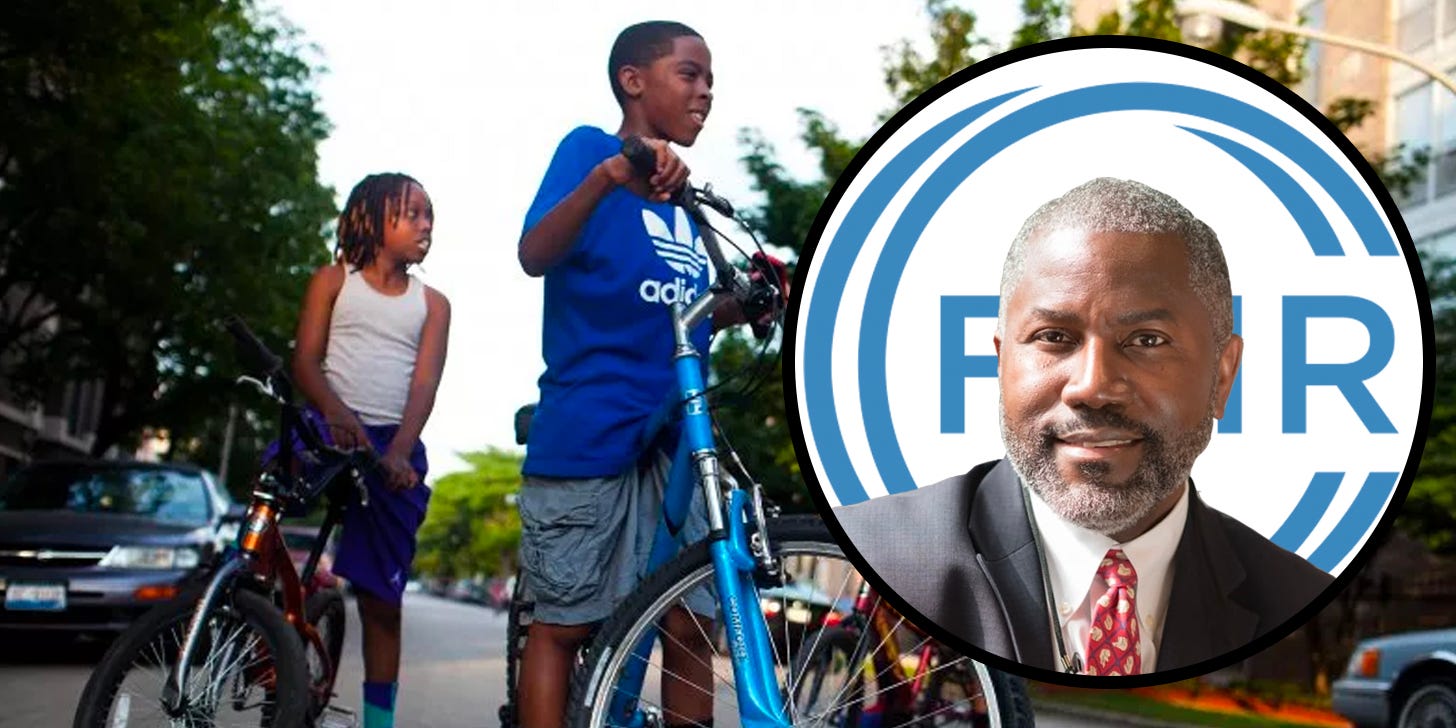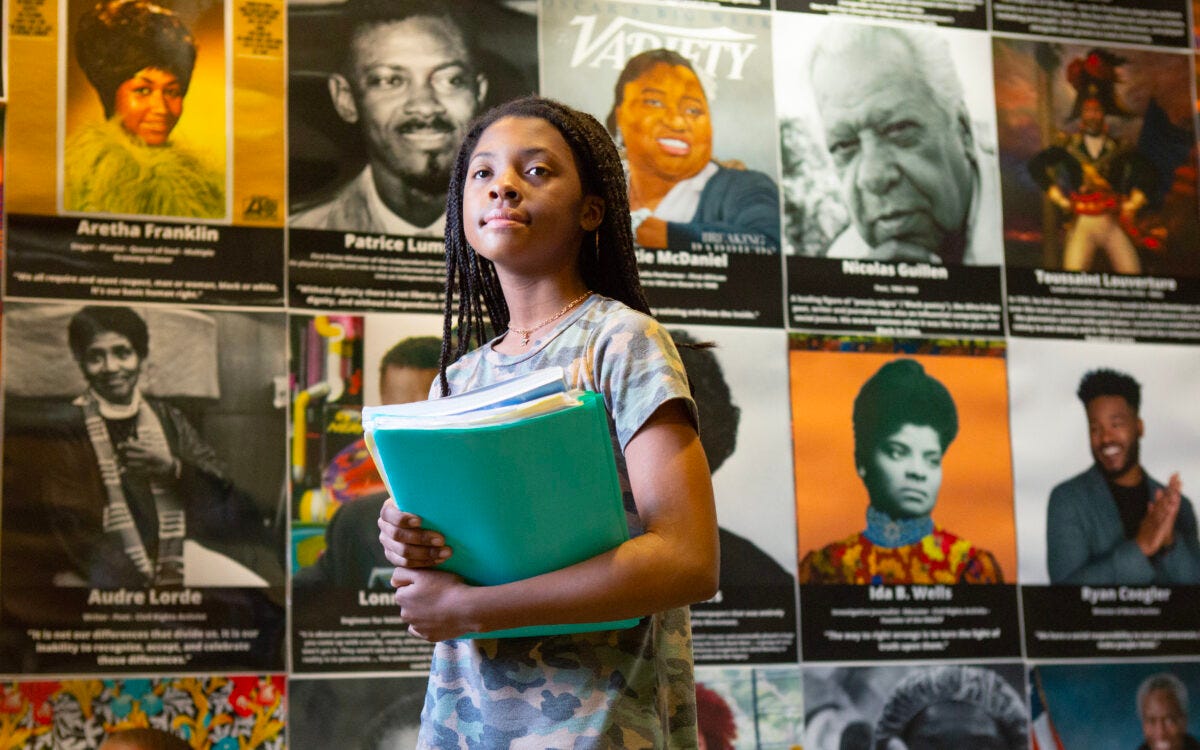I took my teen to a gender clinic. This is what happened
For our Substack, Victoria G. writes about the difficulty she experienced trying to find adequate clinical care for her teenage daughter, anonymized as “Jane,” after noting “depressive symptoms and changes in her behavior” and that Jane “was beginning to realize she ‘liked it when people thought she was a boy,’ and that she thought she would make a better boy than girl.”
Many parents may naively assume, as I did, that a comprehensive psychological assessment with therapy would occur before the introduction of irreversible gender-affirming procedures. Unfortunately, in my experience, this is far from reality, and as a result, I feel the affirmative-care model—where professionals defer to a young person’s expressed, but possibly transient, gender desires—is ultimately harmful to individuals whose gender dysphoria may not require medicalization.
"What is a Woman?" is a flawed attempt at a necessary conversation
Grayson Slover writes for our Substack about the recent documentary “What is a Woman?” and the complexities surrounding the larger discourse surrounding the issues the film tackles through interviews with people of varied perspectives. While Slover acknowledges that the film’s thematic defense of objective reality “clearly necessary,” he also notes that it “goes further than defending objective truth as a real concept. Throughout the film, [Matt Walsh’s] conservative policy preferences are smuggled in with the facts about gender and transgender healthcare.”
We need not abandon biology to respect someone’s transgender identity. We can protect kids and families from unscrupulous doctors without prohibiting the responsible doctors from deciding what is best for their patients. We can oppose radical teachers while recognizing that the vast majority of people on all sides of this issue want what is best for kids. We can acknowledge that there is one objective reality and also remember that each of us is just doing our best to understand and live within it.
A Symbolic, Feel-Good 'Racial Reckoning' Has Replaced Actually Helping Black Kids
For Newsweek, FAIR Advisor Ian Rowe writes about his fear that a “well-intentioned but ultimately empty virtue signaling” among “‘white allyship’ might lead the next generation of Americans to grow up believing that the entire destiny of one race—black Americans—is reliant upon the voluntary largesse of another—white Americans.”
It would be naïve to suggest that our public schools can single-handedly forge consensus on difficult questions of values, including what we want members of the next generation to think about our country. But Americans have been broadly disinclined to ask schools to make the effort at all; instead, we've stood by mutely as American public education has drifted toward an oppositional relationship with its founding purpose of forming citizens, facilitating social cohesion, and transmitting our culture from one generation to the next.
Restoring Trust in Public Schools
For National Affairs, FAIR Advisor Robert Pondiscio and Tracey Schirra write about the historical view by the Founders and many Americans that “a system of public education [was] a means of forming children into loyal citizens,” and the ways that “today, few would defend this understanding of public education—even among those who perceive themselves as champions of public schools.” They also note that “as schools have become the latest battleground in our never-ending culture war, clear thinking about their role in society has suffered.”
It would be naïve to suggest that our public schools can single-handedly forge consensus on difficult questions of values, including what we want members of the next generation to think about our country. But Americans have been broadly disinclined to ask schools to make the effort at all; instead, we've stood by mutely as American public education has drifted toward an oppositional relationship with its founding purpose of forming citizens, facilitating social cohesion, and transmitting our culture from one generation to the next.
The Doom Crusades
For her Substack, Make More Pie, Nancy Rommelmann writes about the recent internal feuding between employees at The Washington Post in which “reporter Felicia Sonmez launched a crusade against her co-worker Dave Weigel.” Rommelmann notes that while “people cheered when the Washington Post, after a week of in-house drama, fired Sonmez,” she did not.
Of course we have become addicted to destroying people with a click, to standing behind a scrim and flinging figurative poo; to forgetting about the casualties once they are out of view. This all strikes me as criminally juvenile, the unwillingness to look others in the eye, to walk across a newsroom floor and state your case, to have the maturity and stamina and curiosity to talk out a position (or not talk at all; always an option), to instead fashion our insecurities and failings into contemptuous remarks, little slicing tools that they are.
Bad Parenting Advice
For her Substack, Broadview, Lisa Selin Davis writes about “one of the enormous problems with [discussions about gender dysphoria]: the conflation of gender dysphoria with gender nonconformity, a phrase which describes when a child does not perform the stereotypes associated with his or her sex.” Davis notes that “what few people writing about this subject seem to understand is that historically, and around the world, extreme childhood gender nonconformity usually had little to do with future transgender identities.”
The left wants to medicate gender nonconformity. The right wants children to conform. I want everyone to leave it alone. All we need to do is let these kids dress how they please and play with what they want, and try to create a world where kids feel free to explore what’s marked as for boys or for girls, without shame. But an article like this doesn’t add to that project, and it doesn’t create more room for gender nonconformity.
It’s time for data-first diversity, equity, and inclusion
For Fortune, Roland Fryer writes about his having spent “hundreds of hours in diversity training over the past two decades,” and that while “advocates of this kind of training have their hearts in the right place…the most popular tools used to combat disparities in the workplace have produced almost no measurable results.”
As an alternative, Fryer offers “a three-step approach that can turn earnest intentions into good science:” understand disparities, find the root causes of bias, and evaluate what works and what doesn’t.
This will seem heretical to some–but it barely scratches the surface of what's possible with a data-first approach to diversity, equity, and inclusion. More corporate leaders should be trying to solve diversity challenges in the same way they solve problems in every other aspect of their business: through intelligent use of data, rigorous hypothesis testing, and honest inference about what is working.
Debate turns hot over UC proposal to set criteria for high school ethnic studies
A recent EdSource article details how “an influential University of California faculty committee has shelved a draft policy to require criteria for high school ethnic studies courses” after a wave of criticism over the policy’s “narrow, ideological and activist” nature. This criticism includes a letter sent by FAIR’s legal team in May of this year, which noted that the University of California’s policy contained “divisive political and sectarian content which cannot lawfully be taught in public schools under California law.” The EdSource article also notes FAIR’s involvement:
In a harsh assessment, FAIR, which will publish FAIRStory, its own version of ethnic studies, in coming months, urged BOARS not to choose the Liberated Ethnic Studies model. That approach promotes “divisive and radical ideas that pressure students to become activists to foment a political revolution” instead teaching “positive and universal lessons in empathy and compassion across multiple ethnicities,” the letter asserted.
Letitia Kim, who is managing director of FAIR’s legal network and is based in the Bay Area, said, “We believe it’s a good thing for people to be exposed to many different ideas, including critical race theory. But it should not be the only lens through which things are being taught.”
For audio versions of our FAIR News and FAIR Weekly Roundup newsletters, subscribe and listen to FAIR News Weekly on Apple Podcasts, Spotify, Google Podcasts, or via RSS feed.
Join the FAIR Community
Become a FAIR volunteer or to join a FAIR chapter.
Join a Welcome to FAIR Zoom information session to learn more about our mission, or watch a previously recorded session in the Members section of www.fairforall.org.
Take the Pro-Human Pledge and help promote a common culture based on fairness, understanding, and humanity.
Join the FAIR community to connect and share information with other members.
Share your reviews and incident reports on our FAIR Transparency website.













